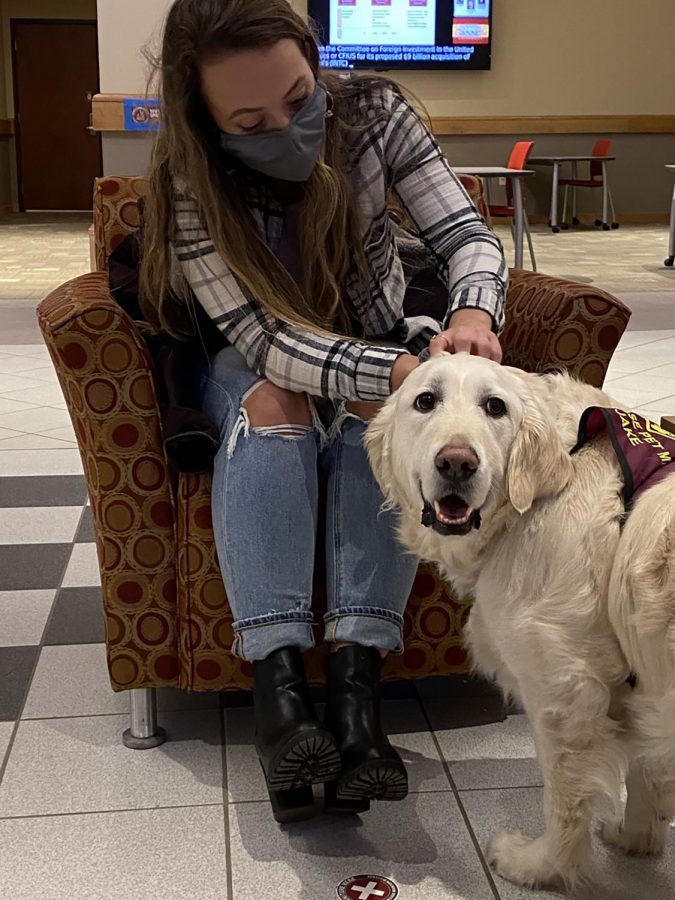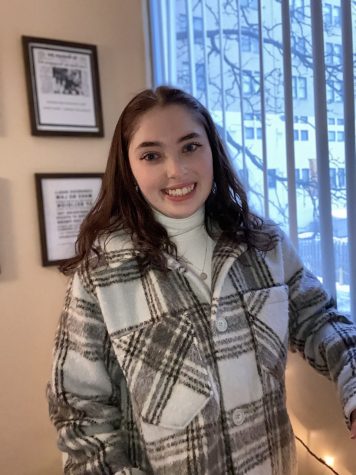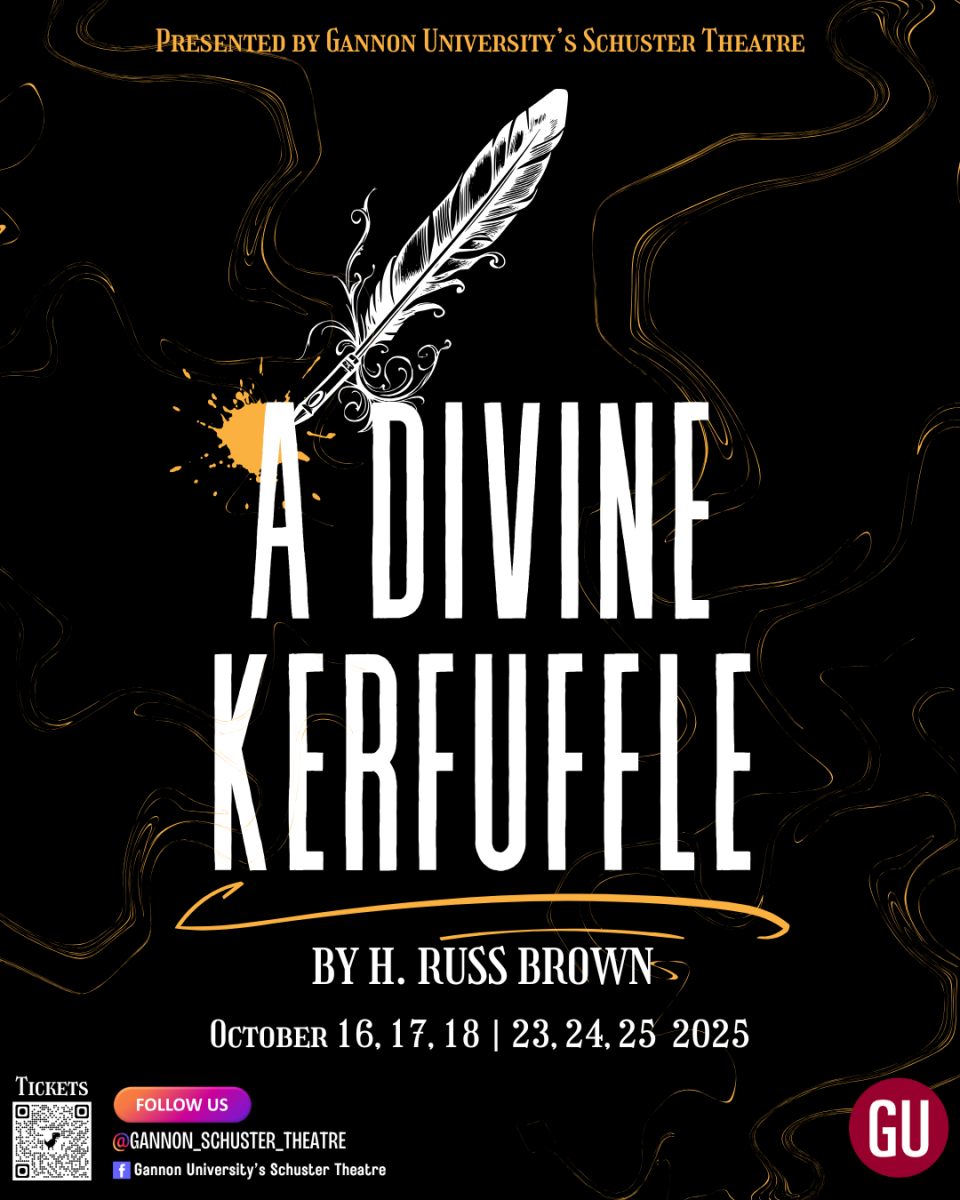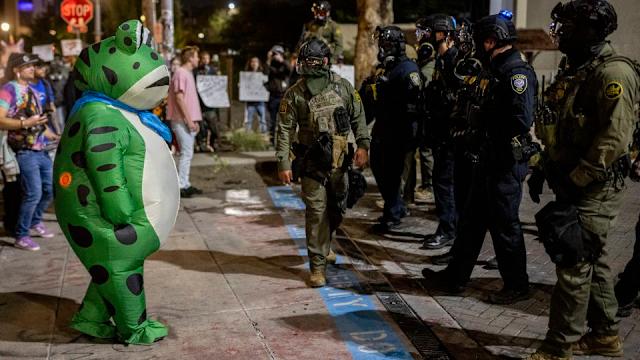Mental health support added for students
March 16, 2021
Times like following a tragedy can be difficult for students to adequately express how they’re feeling. The question “how are you?” suddenly feels loaded. Thankfully, Gannon University’s Counseling Center has played an integral part in helping students cope with the difficulty that has come with the year-long COVID-19 pandemic and, more recently, the loss of a beloved student.
Seeing students walk across campus, their faces grim even as the sun shines, it is evident that we are all so impacted by this. We are all touched. We are all mourning. We are all grieving.
The large turnout at the prayer vigil Sunday and at the moment of silence Tuesday on Friendship Green was a true testament to our commitment to each other as a Gannon family.
The response has been overwhelming. The amount of support we have seen the student body give to each other over the last 24 hours has been even more amazing. The amount of support we have seen professors and staff give students shows genuine care and concern. The response from the Counseling Center staff has been incredible. They are working tirelessly with us and for us. They cannot be thanked enough for that.
While it can be recognized that there is work that needs to be done in regard to improving the overall mental health of our students, they are a start to the facilitation of healing. We are dealing with unprecedented times and unprecedented circumstances, Alyson Eagle, a counselor at the counseling center, acknowledged in an interview Monday.
“We have never lived through a global pandemic before, so we are learning how to navigate all of the layers of how our lives are directly impacted by that,” Eagle said.
In speaking with Eagle, we were able to discuss some of the mental health resources that exist at Gannon, and those that will exist in the future.
There are now student support spaces available in the Recreation and Wellness Center and on the third floor of Beyer Hall. All students are invited and welcomed to use these spaces as places of gathering and community. Grief counselors will be made available from 10 a.m. to 6 p.m. Wednesday on the third floor of Beyer Hall.
Counselors will also be available from 10 a.m. to 6 p.m. Thursday on the third floor of Beyer Hall and from 11 a.m. to 7 p.m. Thursday in the game room of the Recreation and Wellness Center.
Lastly, counselors will once again be available to students from 10 a.m. to 6 p.m. Friday on the third floor of Beyer Hall.
A new counselor has been added to the counseling staff, and will be starting in the counseling center in two weeks. Michael will be an asset in serving the growing need for mental health care on campus, and will also help reduce the stigma surrounding male mental health.
If you are concerned about a student, please submit a BIT form through the following link: https://my.gannon.edu/healthandwellbeing/bit/Pages/default.aspx
A member of the behavioral intervention team (BIT) team will then contact that student directly.
Eagle said we need to focus on how people are feeling on a daily basis.
“Let’s normalize asking people how they are doing,” Eagle said.
Eagle also spoke about prioritizing mental health the same way physical health is prioritized. If you are not mentally healthy along with physically healthy, you are not truly and holistically healthy.
Self-care is also imperative in ensuring positive mental health. Eagle is a huge proponent of self-care. Let’s start carving out time to do things that fill us up. Let’s start doing more things that feed our soul and bring us peace.
Eagle offered a metaphor that spoke to the importance of self-care. When you are on an airplane and they describe how to respond in case of an emergency, they always tell you to put an oxygen mask on yourself first. You cannot help others if you are not OK yourself. You cannot pour from an empty cup.
Let’s take care of ourselves, and one another. Let’s keep talking about mental health and having the hard conversations. Let’s foster a culture of care and support for each other, from the student body, to faculty and staff, to all levels of administration.
In the last 48 hours, I have seen more than ever how willing we as a student body are to have these conversations. How willing we are to make changes. How fiercely dedicated we are to each other’s well-being.
And that is so beautiful.
We as students want to be productive. We are willing to be brave and speak up. Let’s start facilitating these difficult discussions and make our world and the university a safer place.
At the end of the day, we are all humans. We share the same university, the same spaces and the same world. We are all doing the best we can. Let’s continue to be there for one another, and ensure that everyone feels heard and understood.
“Let’s get back to the basics of being human,” Eagle said. “We need to make sure our students are being taken care of when they’re going through a tragedy or even just having a bad day. This is the premise of being a Gannon family.”
We are not alone. We have each other. We are stronger together. Let’s remember this not only as we grieve and mourn, but as we continue to navigate the world together.
You are heard. You are understood. You are valued. And you are loved.
If you are struggling and need help, here are some resources that are available to you 24/7, 365 days a year. All of the following services are free and confidential:
- Local Crisis Services: 814-456-2014
- The National Suicide Prevention Hotline: 1-800-273-TALK (8255)
- The National Crisis Text Line: Text “Hi” to 741-741
- The local Crime Victim Center: 814-455-9414






